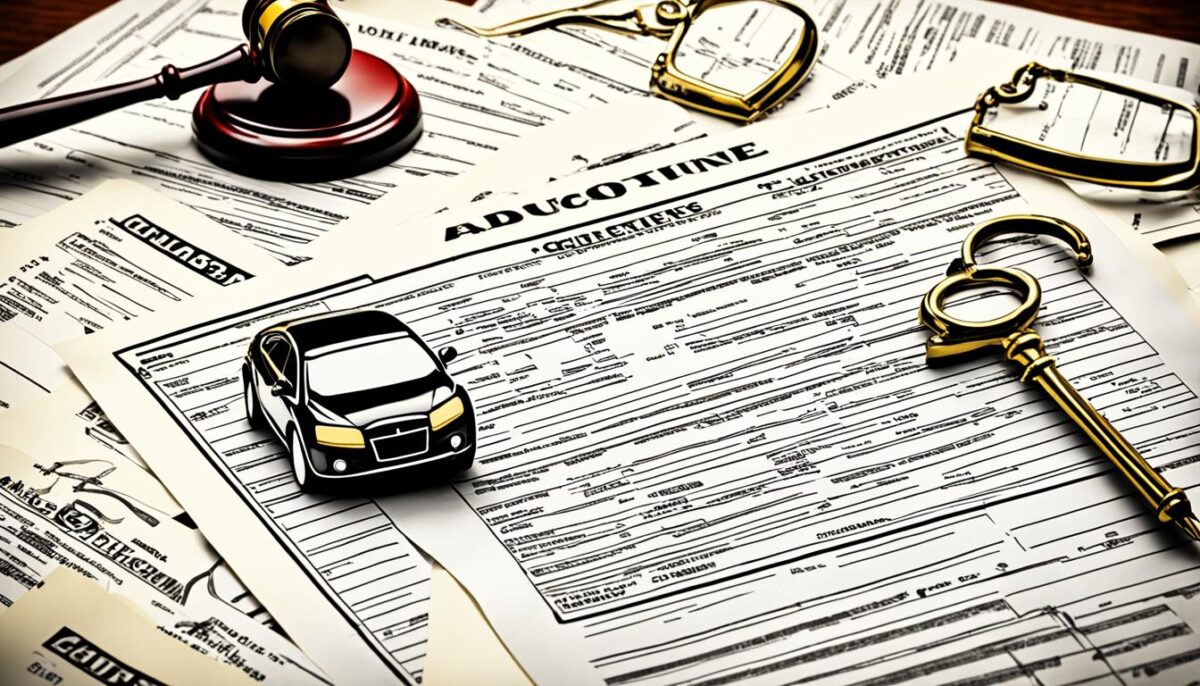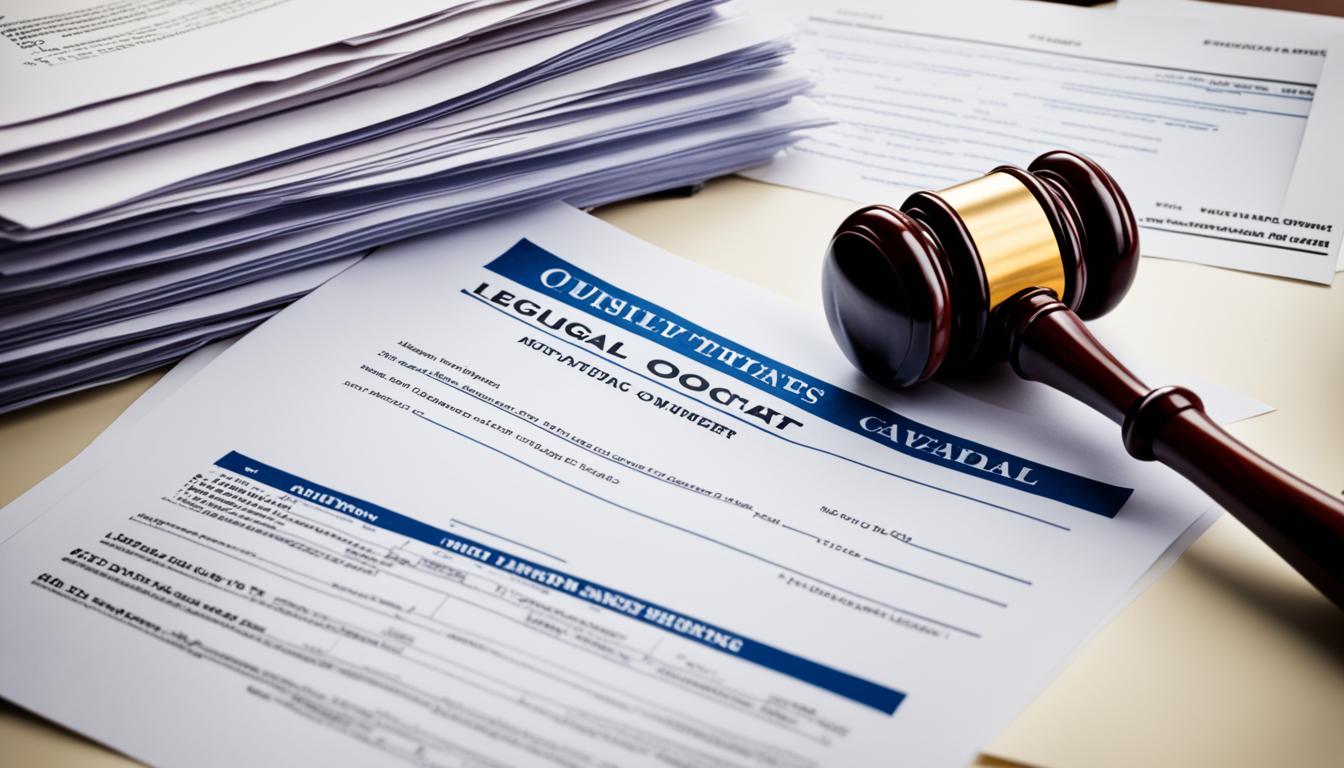When it comes to buying cars at auction, navigating the legal landscape is crucial for a successful and worry-free purchase. As we explore the legal considerations involved, we’ll ensure you have a solid understanding of the auction environment, buyer’s premiums, and bidder registration requirements. By the end of this article, you’ll be equipped with the knowledge to make informed decisions and protect yourself from potential risks.
Buying a car at an auction can be an exciting and cost-effective experience, but it’s essential to understand the legal aspects before diving in. From the moment you step into the auction house, you’ll be navigating a unique set of rules and regulations that govern the entire process. By familiarizing yourself with these legalities, you can confidently navigate the auction environment and make informed decisions that safeguard your interests.
Navigating the Auction Environment
Buying cars at auction can be an exciting and rewarding experience, but it’s important to understand the legal complexities involved. One of the key aspects to be aware of is the auction buyer’s premiums – an additional fee charged by the auction house on top of the winning bid. This fee can vary significantly between different auction houses, so it’s crucial to do your research and factor it into your budget.
Understanding Buyer’s Premiums
Buyer’s premiums are a common practice in the auction industry, and they can range anywhere from 5% to 20% of the winning bid. These fees are used to cover the auction house’s operational costs and can have a significant impact on the final price you pay for a vehicle. It’s important to be aware of the buyer’s premium before bidding, as it can affect your overall budget and the value you’re getting for your money.
Bidder Registration Requirements
- In addition to the buyer’s premium, there are also legal requirements for bidder registration at car auctions. This typically involves providing personal identification, proof of address, and in some cases, a refundable deposit.
- The auction bidder registration process is designed to ensure the legitimacy of the auction participants and to protect both the buyers and the auction house. Familiarizing yourself with these requirements ahead of time can help streamline the process and ensure a seamless auction experience.
By understanding the legal aspects of the auction environment, such as buyer’s premiums and bidder registration requirements, car auction buyers can navigate the process with confidence and make informed decisions about their purchases. Staying informed and prepared can help you find the best deals and avoid any unexpected fees or legal complications.

Legal Aspects Buying Cars Auction
When it comes to purchasing vehicles at an auction, there are specific legal considerations you should be aware of. Understanding the relevant laws and regulations can help ensure a smooth and hassle-free auction car purchase.
One of the key legal aspects to consider is the vehicle history check. Before bidding on a car, it’s crucial to thoroughly investigate its past, including any accidents, major repairs, or outstanding loans. This information can be obtained through various vehicle history reporting services, providing valuable insights into the car’s condition and potential liabilities.
Additionally, it’s important to familiarize yourself with the auction house’s warranty policies. While many auction houses offer limited warranties, the coverage and exclusions can vary. Carefully review the warranty details to understand your rights and responsibilities as the buyer.
- Conduct a comprehensive vehicle history check to uncover any potential issues or liabilities.
- Understand the auction house’s warranty policies and ensure you’re aware of the coverage and limitations.
- Review any applicable state or local laws regarding auction car purchases, as they may vary by jurisdiction.
By considering these legal aspects, you can make informed decisions and protect yourself from potential risks when buying cars at auction. Remember, staying informed and diligent throughout the process can help you navigate the auction environment with confidence.
| Legal Consideration | Importance |
|---|---|
| Vehicle History Check | Uncovers past issues and potential liabilities |
| Auction House Warranty | Ensures you understand the coverage and exclusions |
| State/Local Laws | Varies by jurisdiction, important to review |
“Navigating the legal landscape of auction car purchases is crucial to making informed decisions and protecting your investment.”

Protecting Yourself from Risky Purchases
When it comes to buying a car at an auction, protecting yourself from potential risks is of utmost importance. We understand the excitement of finding a great deal, but it’s crucial to exercise caution and diligence to ensure you don’t end up with a problematic vehicle. That’s why we’ll explore the significance of thorough inspections and due diligence before placing your bid.
Inspection and Due Diligence
Conducting a comprehensive inspection of the vehicle is a crucial step in safeguarding your investment. We recommend taking the time to carefully examine the car, inside and out, to identify any hidden issues or potential problems. From checking the engine’s performance to evaluating the body condition and interior, a meticulous inspection can reveal valuable insights that may influence your bidding strategy.
In addition to the physical inspection, we encourage you to delve into the car’s history through extensive due diligence. Researching the vehicle’s background, including any previous accidents, maintenance records, and ownership history, can provide valuable information that can help you make an informed decision. This level of scrutiny can help you avoid the pitfalls of purchasing a car with underlying issues or a questionable past.





